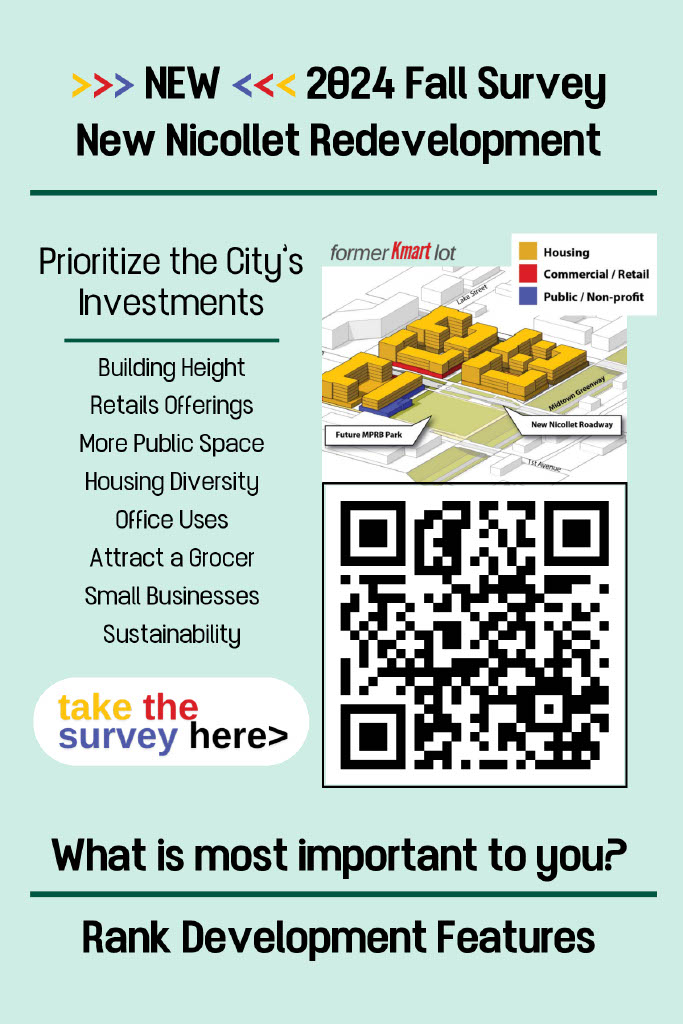Part 1 of 4
By ALENA DOBRIAKOVA, Community Journalist-In-Training
EDITOR’S NOTE – Due to the original length of the article and gravity of the topic being discussed, we have chosen to break the story up into smaller segments to publish through the next 4 months.
War brings destruction, loss of loved ones, and cultural conflicts between people who were once like one family. In the context of the ongoing war, the internal experiences of Russian-speaking immigrants have become more acute. These people are stuck between cultures, facing feelings of guilt, fear, and isolation.
I interviewed Russian and Ukrainian immigrants to explore how their lives have changed since the war began. The main focus of the interview is on the consequences of the conflict in an emotional, social and cultural sense, including internal conflict of identity, attitudes toward the dynamics of the society in which we live at the moment, and how people cope with the complexities of war.
To protect the identities of the individuals I interviewed, I have chosen not to use their full names, ensuring their privacy while sharing their experiences. K left Ukraine before the war began, L is a Russian immigrant who came to the U.S. after the war started, G has lived in the U.S. since 2017 and is now a citizen but originally from Ukraine, and A was born in the U.S. but spent most of her life in Russia. Each of them offers a unique perspective on how the war has affected their lives and identities.
How has your life changed since the start of the war?
K: Well, since I left the country before the beginning of the war, I was already safe. I can’t say that it was me who was affected, but my family was very affected. My whole family moved and, accordingly, we cannot return to Ukraine. I can’t say that my life after the war has changed in a bad way at the moment, but, unfortunately, I would like to return to Kyiv now, at least for a while, but I can’t do it.
L: Surprisingly, for the better. I started earning more after the war.
G: As soon as the war began, I fell into a state of mild depression for about 6 months. I didn’t have the motivation to do my daily chores. I stopped studying. I just lay at home and was glued to the monitor, monitoring the situation on the Internet, because I didn’t have any other options. I subscribed to various telegram channels and mostly extracted information from them. I was very worried and confused, so to speak. Over time, this state of mind passed, and I began to react more soberly to various life situations, and I became more motivated to do things myself, and not to waste my time and worry about every event.
A: The biggest thing for me is that I can’t fly directly to Russia, and for a long time my parents could not come to America, because all the visa centers were closed. In fact, life has not changed so much, just some kind of negativity has added itself. You usually hear only the news, but now you always hear about the war, and some kind of negativity has added itself to life. It is not necessary. In general, in my city, in Kursk, I was waiting for the flight ticket. One missile fell into the house, and I thought, damn, maybe I really need to evacuate. But at the same time I understand that I am not as terrible as people who were in Donetsk, in Lugansk, or now in Kiev, so it seems to me that I can’t complain much. How has my life changed? My house is still intact.
What is your attitude towards current world events, and do you feel an internal conflict because of them?
K: To be honest, as I have already mentioned above, I was not present when the war in Ukraine began, so I can’t say that at the moment I have some kind of internal conflict with all the events in the world. I generally try to keep myself away from politics as much as possible. Again, it may sound strange, but, of course, I follow all the events in Ukraine, but I try not to dwell on it as much as possible and continue to live on.
L: My current attitude is that I am already tired of the current events in the world. They constantly update and change. It is not clear what will happen next. It is difficult to make plans longer than a year. Since I work in IT, the financing is constantly changing. It is also very difficult to make long-term plans, like a mortgage or something like that. Do I feel an internal conflict? Yes, I do, because sometimes I meet some bad people, for example, from Ukraine. And then my opinion changes a little from the point of view of the situation in the world. But this is more related to the emotions that I am experiencing at the moment.
G: Well, I think the world is slowly taking a road to nowhere. I think that most states make or make decisions based on popularity. That is, instead of making decisions that are more logical, they make decisions that support their popularity among people. And I think this is wrong. If I have an internal conflict, well, I wouldn’t say that I have an internal conflict about the current events in the world, but I think that now the world is more chaotic than it was, for example, 10 years ago. Maybe it’s because I didn’t understand what was happening in the world 10 years ago, but I can’t be sure of that.
A: It’s just such helplessness. I think Russians agree that you can’t do anything about it. Ukrainians told me, or Americans, when it all started, you need to go and protest in Moscow. I say, do you understand? They will put us all in prison if someone does this. Therefore, you just live with it, and pray for the country, for Ukraine, for Russia, so that all this ends as soon as possible. I don’t have any conflicts in my head with myself.
…look for to the next part of this article in the Jan. 2025 edition of the alley
Alena Dobriakova is an international student from Russia at St. Catherine University. She has been studying in the U.S. for six years, focusing on her career and academic growth. Alena’s research focus is on the cultural and social challenges of immigrants, including the impact of war on identity and issues of media justice.














